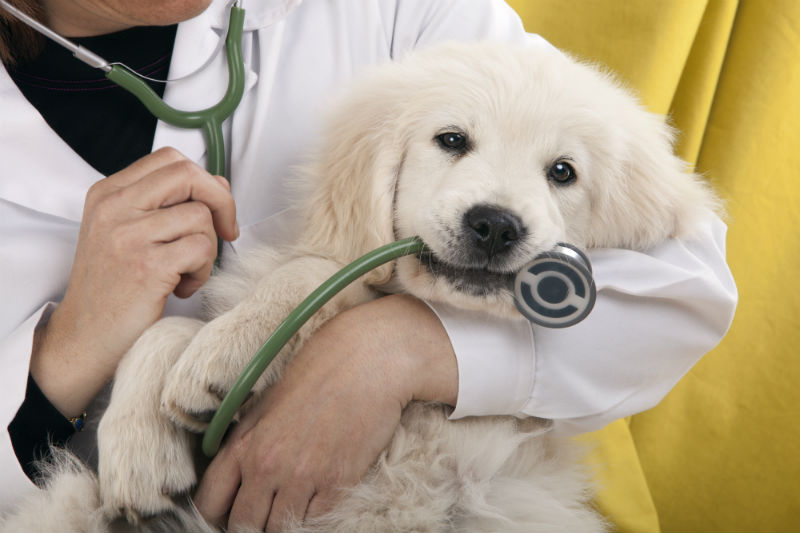The veterinary and wildlife rehabilitation community mourns the loss of Helene Van Doninck who passed away recently in Truro, Nova Scotia of ovarian cancer. I went to university with Helene and remember her fondly for her compassion and wit. Helene dedicated her life to helping others. Those she helped often have four legs, fur or feathers. Dr. Van Doninck exemplified a passion for animal husbandry that knew no boundaries and a strong desire to share her knowledge and skills.
While working at a veterinary practice in Newfoundland in the years following her graduation, Helene came to recognize that help for individual wild animals was not readily available. She began caring for animals that came into the clinic on her own time. For someone as passionate about animals as Helene, this wasn’t enough.
In 2001, Helene and her husband, Murdo Messer, founded the Cobequid Wildlife Rehabilitation Centre. The centre is a sanctuary for wildlife and is located on the property of their home in Hilden, Nova Scotia. Helene’s team, made up entirely of volunteers, works tirelessly to rehabilitate and care for the animals that come through the centre, with the goal of releasing all back into the wild. Their organization strives to educate the public about wildlife concerns, most notably the issue of lead poisoning in bald eagles. Helen has started a major lead poisoning outreach program for the hunting and fishing communities.
Helene and Murdo manage to provide state-of-the-art care to roughly 300 animals every year, on limited funding. The Bald Eagle Flight Recovery Centre, the first of its kind in Canada, is a large oval-shaped cage, which allows eagles to fly freely during their rehabilitation. A number of large cages on Helene’s property allow wildlife to roam at liberty, with limited human interaction. The cages replicate the animal’s wild habitats, allowing them to exercise their natural instincts and ensuring their survival in the wild upon release. This facility is licensed to house and rehabilitate wildlife.
Helene also worked part-time at a number of clinics in Nova Scotia, including the SPCA. She was passionate about sharing her knowledge and expertise with others.
Dr. Van Doninck was an avid member of many different non-profit organizations. She was a member of the Nova Scotia Bird Society and on the board of directors. She also worked as an Oiled Wildlife Response and Emergency Preparedness Consultant/Trainer. She worked with various companies, organizations, institutions, government agencies and individuals to help train for oiled wildlife prevention and response. Her training in oil spill response had enabled her to respond to many oil spills in Canada and USA to provide care and rehabilitation for affected wildlife.
From 2000-2011, Helene was a lecturer and a clinical instructor in Veterinary Technology programs and as a guest lecturer for several degree courses such as Avian Biology, Companion Animal Nutrition, Companion Animal Behaviour, and Aquatic Ecology at the Faculty of Agriculture. Helene recently won several awards both from the Provincial, Atlantic and National levels. Helene, you will be missed by many.
(Information collected from the Faculty of Agriculture’s Alumni volunteer award write up)
Written by Dr. Jane Corkum, DVM




